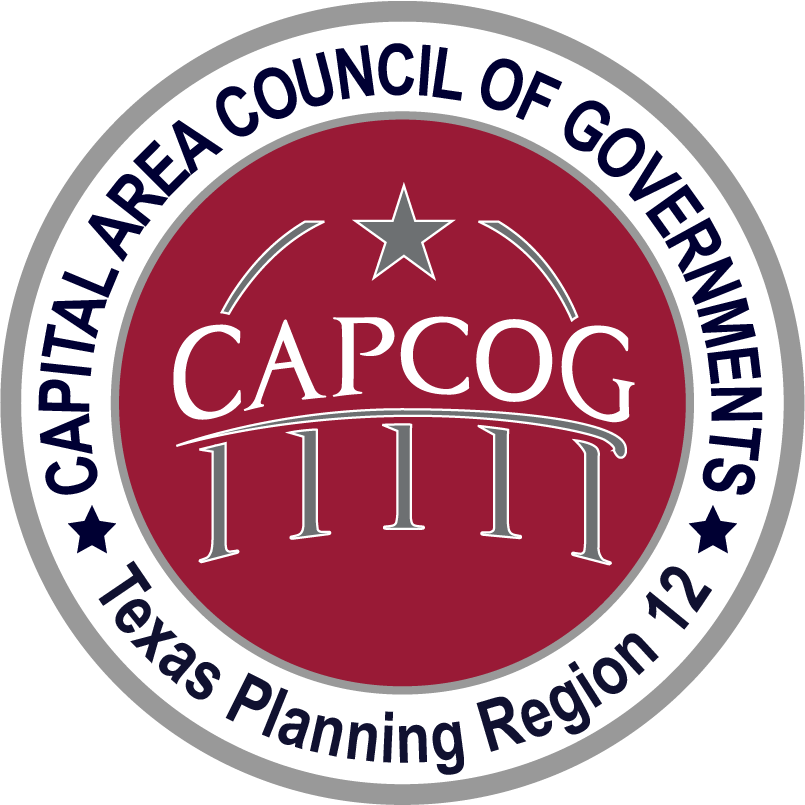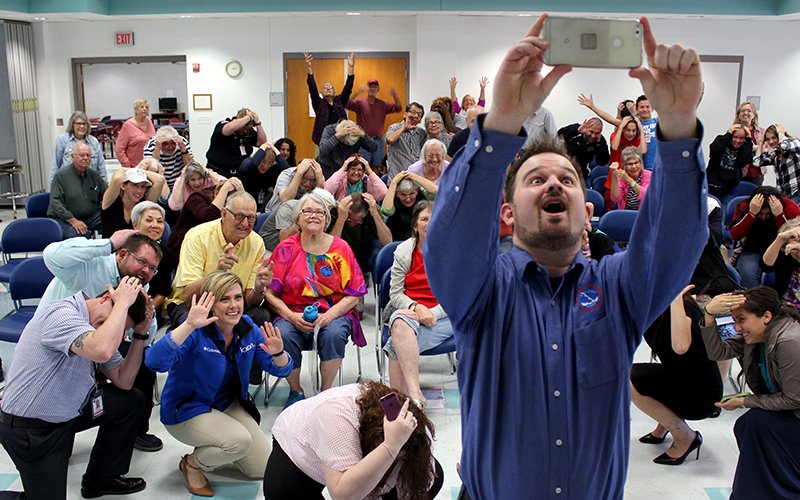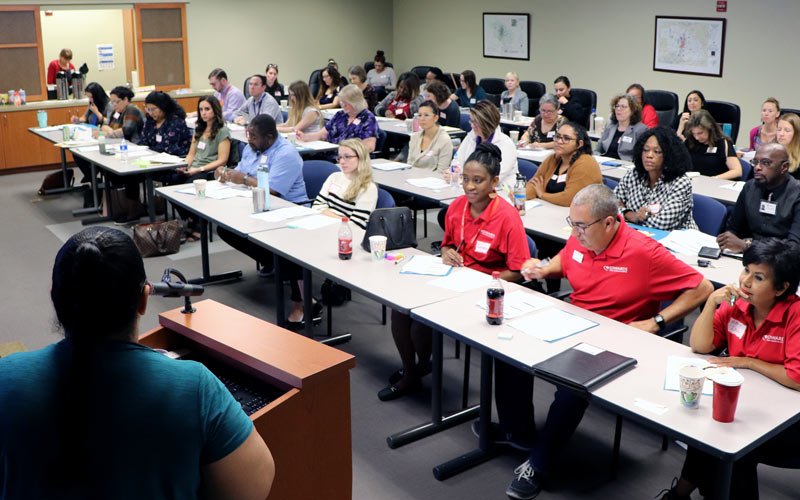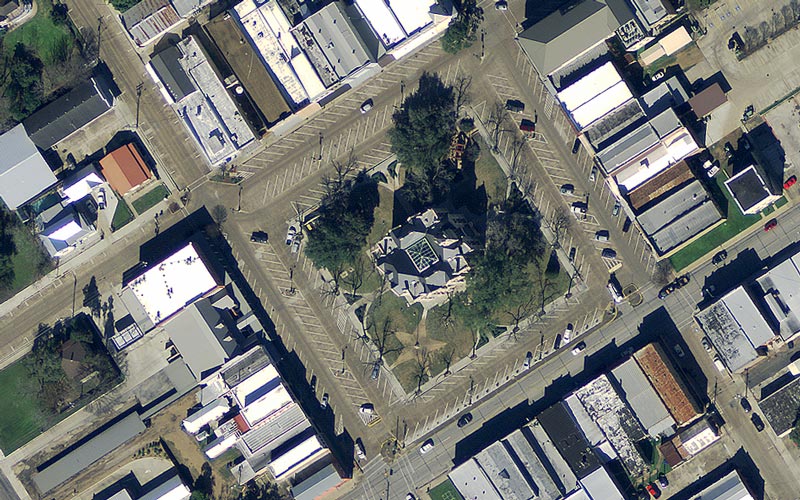- Who We Are
- What We Do
- Divisions
- Transparency
- News
- Events
- Regional Directory
- Careers
Who we are
Policy & Advisory Committees
CAPCOG policy and advisory committees meet regularly in the interest of providing advice and recommendations to the Executive Committee on various programs. Some of the advisory entities are required by state or federal funding agencies. Others were created by CAPCOG to provide venues for participation and input.
Aging Advisory Council (AAC)
The Aging Advisory Council was formed in 1974 to provide a forum for planning and feedback on aging related issues and problems and to provide review and comment on applications for funding to the CAPCOG Executive Committee. This committee is required by the Older Americans Act.
Staff Liaison: Patty Bordie
Capital Area Economic Development District, Inc. (CAEDD)
The Capital Area Economic Development District, Inc. was formed in 1989 to develop and maintain a regional economic development plan, as designated by the Economic Development Administration, under the Public Works and Economic Development Act of 1965 and to identify regional community economic development goals and strategies.
Staff Liaison: Betty Voights
Capital Area Emergency Communications District (CAECD)
The Capital Area Emergency Communications District, established in 2013 by state legislation and subsequent resolutions by Bastrop, Blanco, Burnet, Caldwell, Fayette, Hays, Lee, Llano, Travis and Williamson counties and the City of Austin, oversees 9-1-1 services to local governments in State Planning Region 12. The CAPCOG Executive Committee also serves as the CAECD’s Board of Managers.
Staff Liaison: Betty Voights
Capital Area Regional Transportation Planning Organization (CARTPO)
The Capital Area Regional Transportation Planning Organization was created to work with officials in non-metropolitan areas when making transportation planning and programming decisions. It functions as a central clearinghouse for regional transportation planning. CARTPO is not appointed by the CAPCOG Executive Committee.
Staff Liaison: Charles Simon
Central Texas Clean Air Coalition (CAC)
The Central Texas Clean Air Coalition, or the Clean Air Coalition, is a voluntary, unincorporated association that became affiliated with CAPCOG by a resolution adopted on Nov. 13, 2002. Its members consist of elected officials from the Austin-Round Rock-Georgetown Metropolitan Statistical Area — Bastrop, Caldwell, Hays, Travis, and Williamson counties. The coalition works to develop clean air plans to maintain compliance with the federal eight-hour ozone standards.
Staff Liaison: Anton Cox
Criminal Justice Advisory Committee (CJAC)
The Criminal Justice Advisory Committee was formed in 1982 to promote, foster and coordinate criminal justice planning and to review and prioritize applications for criminal justice funds by local entities. This committee is required by the Office of the Governor, Criminal Justice Division (CJD).
Staff Liaison: Karina Trevino
Geographic Information Systems Planning Council (GISPC)
The Geographic Information Systems Planning Council was formed in 1997 to serve as a coordinating and technical support body for CAPCOG members and administration on projects with Geographic Information Systems (GIS) and related applications.
Staff Liaison: Rob Buckhouse
Homeland Security Task Force (HSTF)
The Homeland Security Task Force was formed in 2002 to assist CAPCOG in the development, implementation, review and update of a comprehensive plan to serve the needs of the region in the event of terrorist activities, and to evaluate and make recommendations on grant applications.
Staff Liaison: Martin Ritchey
Law Enforcement Education Committee (LEEC)
The Law Enforcement Education Committee was formed in 1977 to update and revise policies, set standards for the Basic Peace Officer Course entrance requirements, and set standards for specialized and mandated in-service training. This committee is required by the Texas Commission on Law Enforcement.
Staff Liaison: David Bertling
Solid Waste Advisory Committee (SWAC)
The Solid Waste Advisory Committee was formed in 1993 to help coordinate and guide the implementation of the regional solid waste management plan and to score and prioritize applications for grant funds. This committee is required by the Texas Commission on Environmental Quality.
Committee Liaison: Ken May





